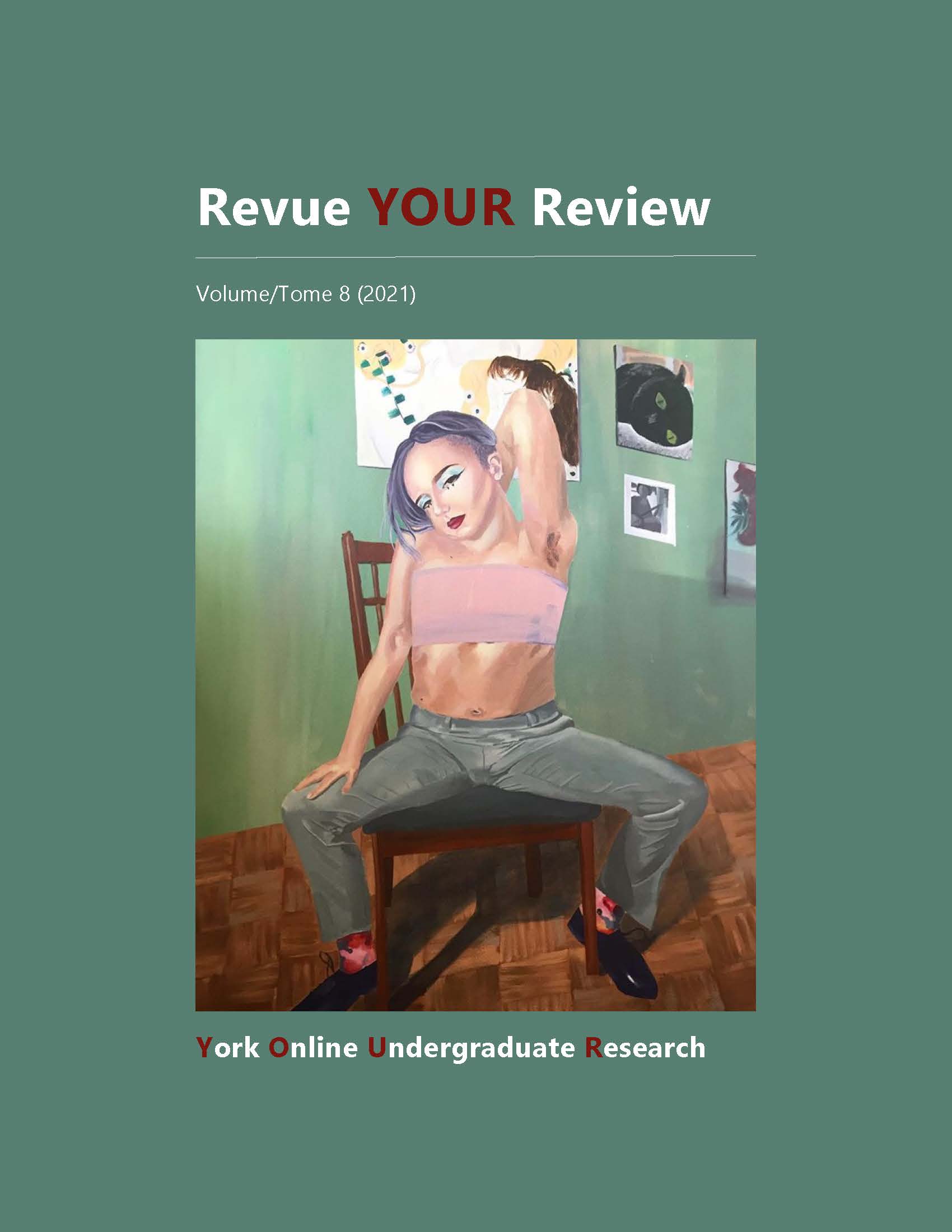Constructing Canadian national identity: Confronting multiculturalism, whiteness, and the internal Muslim “other”
Résumé
In this paper, I seek to understand the current terrain of the politics of multiculturalism. To do this, I look at how and why multiculturalism emerged historically. To answer the question, “Is our national identity socially constructed to manage diversity?” I look at the self-endowed power of the state in influencing how the masses perceive themselves in relation to one another, non-nationals, and the outside world. I do not intend to assess whether multiculturalism in Canada has succeeded or failed; rather, I want to explore the ways in which it permeates the perceptions Canadians of different backgrounds have of themselves. To that extent, I use the experience of Canadian Muslims whose ontological positionality within the global sphere is hotly contested, thus affecting their position within the Canadian imaginary. Specifically, I look at the current political landscape to explore how multiculturalism has been shaped by the state to subordinate Muslim Canadians to white Canadians. Overall, I argue that a master narrative of Canadian nationhood has been constructed that uses multiculturalism to sustain a racial hierarchy and erase certain parts of its history, while also concealing the power of whiteness in favour of national unity. I theorize this to have been deployed in stages of homogenization of the population. Furthermore, I argue that the adverse treatment of racial minorities today is due to the deep-rooted dichotomy of the self/other.
Téléchargements
Publié-e
Comment citer
Numéro
Rubrique
Licence
LicenceLes auteurs qui contribuent à la Revue YOUR Review acceptent de publier leurs articles selon une des trois catégories de la licence 4.0 : Creative Commons Attribution 4.0 International; Creative Commons Attribution-Pas d'Utilisation Commerciale 4.0 International; ou Creative Commons Attribution-Pas de Modification 4.0 International. Tout contenu éditorial de ce site ainsi que les affiches et les résumés sont sous la licence Creative Commons Attribution-Pas de Modification 4.0 International. Pour plus d’informations, veuillez voir :
https://creativecommons.org/licenses/
Dans tous les cas, les auteurs conservent leurs droits d’auteurs et concèdent à la Revue YOUR Review le droit de première publication. Les auteurs peuvent, par la suite, conclure d’autres accords de distribution non exclusifs de la version publiée dans ce périodique (par exemple, l’afficher à un dépôt institutionnel ou le publier dans un livre ou dans un autre périodique) à condition que la reconnaissance fasse mention de la publication originale dans la Revue YOUR Review.


